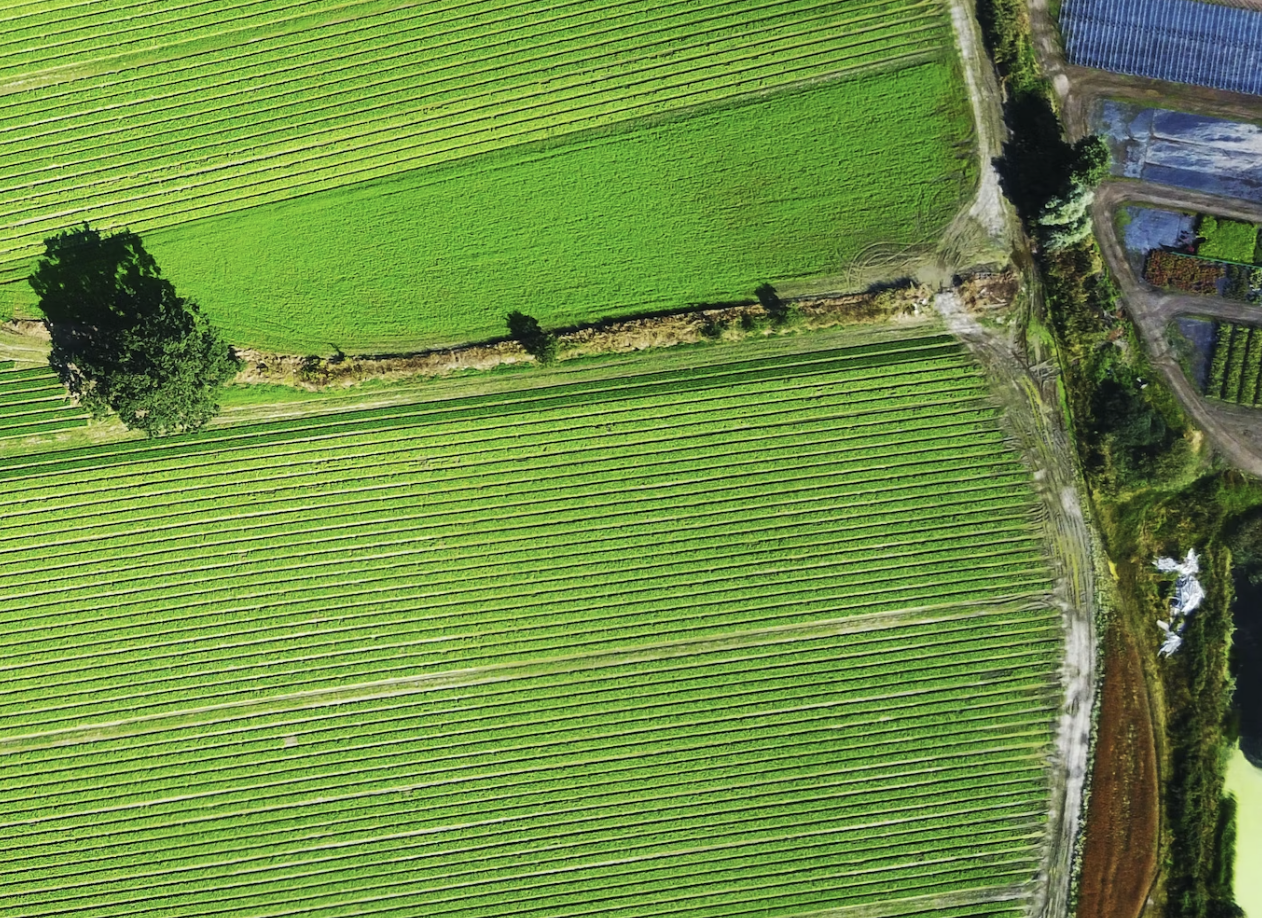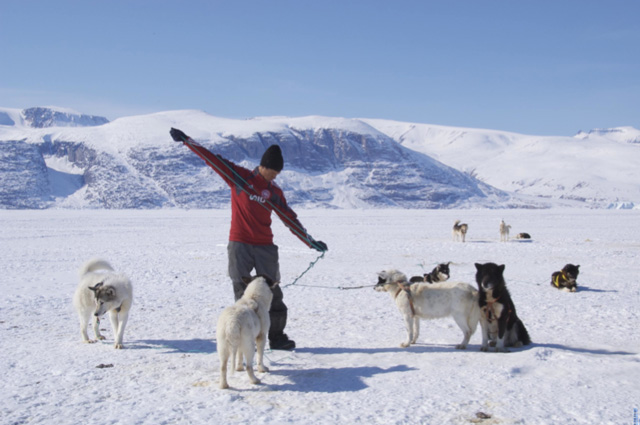Nordic Council of Ministers

The Nordic Council of Ministers is the forum for Nordic governmental co-operation. The Prime Ministers have the overall responsibility for Nordic Co-operation. In practice, responsibility is delegated to the Ministers for Nordic Co-operation and to the Nordic Committee for Co-operation, which co-ordinates the day-to-day work of the official political Nordic co-operation.
Despite its name, the Nordic Council of Ministers, founded in 1971, consists, in fact, of several individual councils of ministers. The Nordic ministers for specific policy areas meet in a council of ministers a couple of times a year. Currently there are 10 constellations of policy councils of ministers as well as the council of ministers for the ministers for co-operation. Decisions in any of the Nordic councils of ministers must be unanimous.
The Presidency of the Council of Ministers, which is held for a period of one year, rotates between the five Nordic countries. The country holding the Presidency of the Nordic Council of Ministers draws up a programme which guides Nordic co-operation during the year.
Issues are prepared and followed up by the various Committees of Senior Officials which consist of civil servants from the member countries.
The Nordic prime ministers meet every year and, in addition, meet on other occasions such as before EU summit meetings. The Nordic Foreign and Defence ministers also meet regularly outside the auspices of the Nordic Council of Ministers.
Why the Nordic Council of Ministers?
The purpose of inter-governmental co-operation in the Nordic Council of Ministers is to work toward joint Nordic solutions that have tangible positive effects – Nordic synergies – for the citizens of the individual Nordic countries.
The Nordic countries face many challenges that have major significance for their citizens, particularly in the areas ofglobal competitiveness and climate and energy issues. Joint Nordic action enables the individual countries to make a greater impact at both European and global level.
The starting point for Nordic co-operation is a focus on areas where joint Nordic input will create added value for the individual countries and their citizens. The results of the co-operation are seen in the day-to-day life and work of citizens and businesses. Now more than 50 years old, some of the results of co-operation include a joint Nordic labour market, passport union and a range of joint social provisions. Nordic citizens have also long been able to settle, study and conduct research anywhere in the Region.
The environment and climate, energy, research, education, training and innovation, freedom of movement and raising the profile of regional co-operation are all important aspects of Nordic co-operation, and help maintain the Region’s leading position in the global economy.


